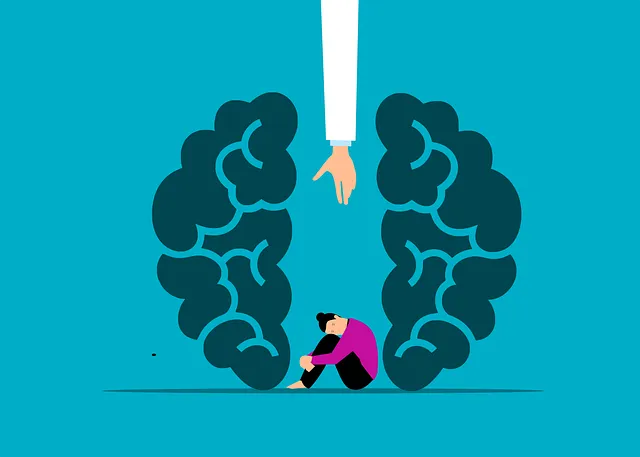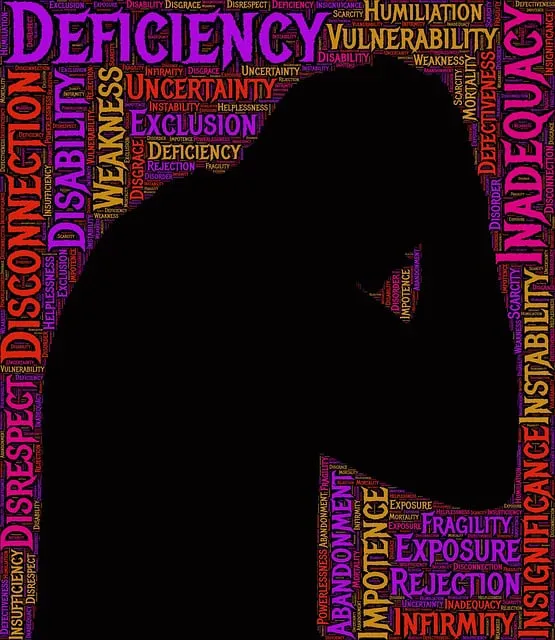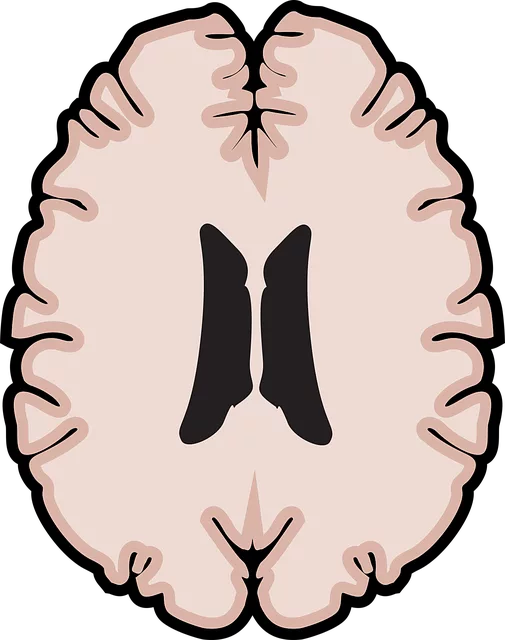Kaiser Permanente mental health centers are renowned for their superior crisis care, as evidenced by positive reviews. These centers employ evidence-based techniques and self-care practices to rapidly stabilize individuals in acute distress. Mental health professionals prioritize risk management, inner strength development, and effective communication to ensure consistent, compassionate care. Through comprehensive assessments, personalized treatment plans, and long-term support, Kaiser Permanente empowers clients to take charge of their mental well-being, fostering resilience and community support networks highlighted in their superior reviews.
In today’s fast-paced world, crisis intervention strategies are vital for managing mental health crises effectively. This comprehensive guide explores key aspects of crisis care, focusing on the critical role played by Kaiser Permanente Mental Health Centers in providing superior support. From understanding the basics of crisis intervention to effective communication techniques and post-crisis follow-up, this article equips readers with valuable insights. Discover how specialized centers like Kaiser Permanente enhance community resilience and ensure individuals in distress receive the best possible care.
- Understanding Crisis Intervention: A Brief Overview
- The Role of Kaiser Permanente Mental Health Centers in Crisis Care
- Effective Communication Strategies During Critical Situations
- Assessing and Stabilizing Individuals in Distress
- Post-Crisis Support and Community Resources Review
Understanding Crisis Intervention: A Brief Overview

Crisis intervention strategies are crucial for mental health professionals working with individuals facing acute distress or life-threatening situations. It involves rapid and effective support to stabilize the person and prevent further deterioration. At Kaiser Permanente mental health centers, reviews consistently highlight the superior quality of crisis interventions, demonstrating their commitment to patient safety and well-being.
Understanding crisis intervention requires a holistic approach that combines evidence-based techniques with an emphasis on self-care practices. Risk management planning for mental health professionals plays a pivotal role in ensuring they can respond calmly and competently during crises. By cultivating inner strength development, practitioners can enhance their resilience, enabling them to provide consistent and compassionate care even under immense pressure.
The Role of Kaiser Permanente Mental Health Centers in Crisis Care

Kaiser Permanente mental health centers play a vital role in providing superior crisis care services, earning them high reviews from those seeking support. These centers are equipped to handle various crises, ranging from acute emotional distress to more severe psychiatric emergencies. With a team of experienced professionals, including psychiatrists, psychologists, and trained counselors, they offer comprehensive assessments, treatment planning, and interventions tailored to individual needs.
The focus on Mental Health Awareness is at the core of their approach, ensuring that individuals not only receive crisis care but also gain valuable tools for Depression Prevention and Burnout Prevention. Through early intervention and accessible services, Kaiser Permanente centers aim to empower people to manage their mental health effectively, fostering resilience and promoting well-being in the long term.
Effective Communication Strategies During Critical Situations

During critical situations, effective communication becomes a cornerstone of crisis intervention. At Kaiser Permanente mental health centers, reviews highlight the importance of active listening, empathy, and clear expression. Mental wellness coaches often emphasize the power of non-verbal cues, ensuring that body language and tone align with words to convey understanding and support. This comprehensive approach, backed by research in Trauma Support Services, is crucial for building rapport and trust with individuals in distress.
The Mental Wellness Podcast Series Production offers valuable insights into communication strategies tailored for diverse populations. By leveraging storytelling and personal narratives, these podcasts enhance empathy and encourage open dialogue. Additionally, the development of Mental Wellness Coaching Programs focuses on equipping professionals with skills to navigate complex conversations, ensuring that every interaction is a step towards healing and recovery, as superior mental health care practices demand.
Assessing and Stabilizing Individuals in Distress

In moments of crisis, swiftly assessing and stabilizing individuals in distress is paramount. At superior Kaiser Permanente mental health centers, trained professionals employ evidence-based practices to gain a clear understanding of the person’s state, including their emotional, cognitive, and behavioral aspects. This initial evaluation guides tailored interventions, ensuring safety and promoting immediate relief.
The process involves active listening, empathy, and collaborative problem-solving. By implementing effective assessment tools, centers like these can identify underlying issues, be it acute stress, trauma, or escalating mental health concerns. Consequently, personalized plans are designed, incorporating evidence from Mental Health Education Programs and Trauma Support Services, to foster resilience and enable individuals to navigate challenging situations with enhanced coping mechanisms.
Post-Crisis Support and Community Resources Review

After an immediate crisis intervention, focusing on long-term support and recovery is crucial. The Kaiser Permanente mental health center reviews highlight the importance of a comprehensive approach to post-crisis care. These reviews often emphasize the need for continuous emotional well-being promotion techniques, tailored to individual needs. By providing ongoing therapy, support groups, and accessible resources, individuals can navigate their journey towards healing more effectively.
Community involvement plays a vital role in crisis intervention. Implementing successful mental illness stigma reduction efforts and community outreach program initiatives ensures that those affected have a network of support. Resources like local support groups, counseling services, and community health centers facilitate recovery by offering a sense of belonging and accessible care, ultimately contributing to the overall resilience and well-being of individuals within the community.
In summary, effective crisis intervention requires a multifaceted approach. By understanding the fundamentals of crisis care, leveraging resources like the superior Kaiser Permanente mental health centers, and employing robust communication strategies, we can better assess and stabilize individuals in distress. Post-crisis support and a network of community resources play equally vital roles in ensuring long-term well-being. Integrating these strategies fosters a resilient and supportive environment, ultimately enhancing our ability to navigate and mitigate future crises.






